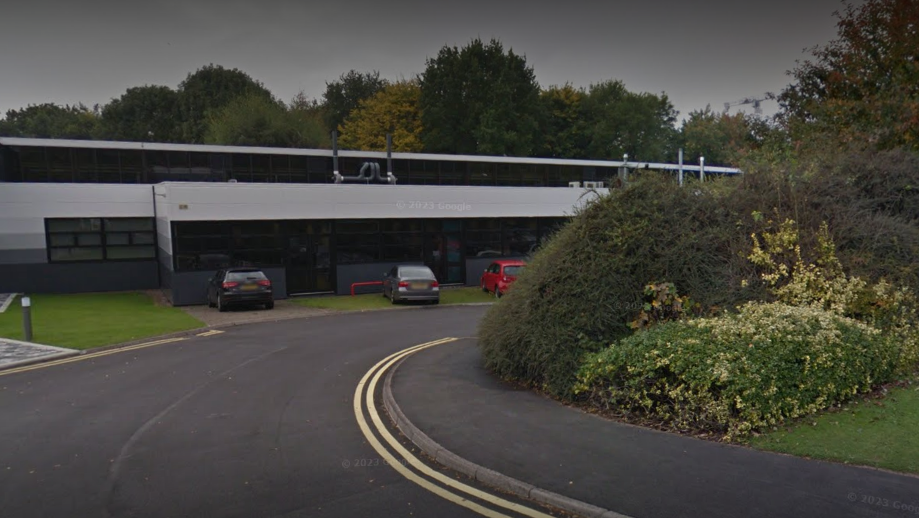Settlement for Muslim student compared to murderer

Micropathology is based on the University of Warwick Science Park
- Published
A Muslim student laboratory assistant compared by his manager to "the man who killed the MP in Southend" has won a payout for alleged discrimination.
Months after Waqas Rai was sacked from his university placement job, the former manager gave a lecture in which he was heard discussing dismissing Mr Rai, 23, because he thought he had been "radicalised".
Micropathology, a laboratory services company based in Coventry, fired Mr Rai without notice in December 2021.
The undisclosed settlement does not contain an admission of liability on the part of the company, but Micropathology did express "regret" for any offence caused.
The company, which holds contracts with the NHS, also pledged to carry out equality and diversity training.
Mr Rai took Micropathology to an employment tribunal, but the parties settled before a final hearing.
The lecture in which the radicalisation claim was made was recorded and uploaded to the internet for Mr Rai and his course mates on the biomedical science undergraduate course at Warwick University to view.
In later correspondence with the university, the manager explicitly compared Mr Rai, who is Muslim, to "the man who killed the MP in Southend".
Sir David Amess MP was killed in 2021 by Ali Harbi Ali, who was convicted of murder and the preparation of terrorist acts.
Mr Rai's dismissal part way through the placement jeopardised his studies and affected him in his final year, when he found he had less lab experience than his peers.
"At that time when you're in your final year, they expect you to know certain things," he said.
'Anxious about work'
The manager - who has not been named - described Mr Rai as "very intelligent" but said his "totally passive" behaviour was an indication that he had been radicalised.
When he viewed the lecture, Mr Rai said he "put two and two together" and "came to conclusion that this was the reason why I had been dismissed".
Mr Rai, from London, was supported by the Equality and Human Rights Commission, and said the episode had affected his mental health and made him feel "anxious about continuing to work in the industry".
He is now completing a physician associate masters degree at the University of East London, and said he was worried being dismissed could stay "on his record" and make it harder to find jobs in the future.
A statement published on the Micropathology website, which was not attributed to a particular manager, expressed "regret" for any offence caused to Mr Rai.
It said: "The recording and subsequent transmission of what I thought was a private conversation with a third-party individual was entirely regretful.
"I would like to assure Mr Rai, that my comments... were not motivated by Mr Rai's race or religion, neither of which I knew.
"I accept that there are lessons to be learned from this experience... I, together with other senior staff, will also arrange for training on equal opportunities issues.
"I regret any upset, offence or distress caused, and I would like to wish Mr Rai all the best in his future endeavours."
Baroness Kishwer Falkner, chairwoman of the Equality and Human Rights Commission, said the manner of Mr Rai's dismissal and the "comments subsequently made about him in an attempt to justify it are totally unacceptable".
Follow BBC West Midlands on Facebook, external, X, external and Instagram, external. Send your story ideas to: newsonline.westmidlands@bbc.co.uk, external